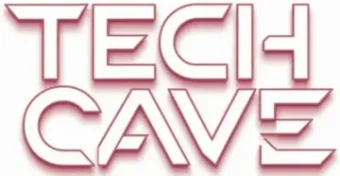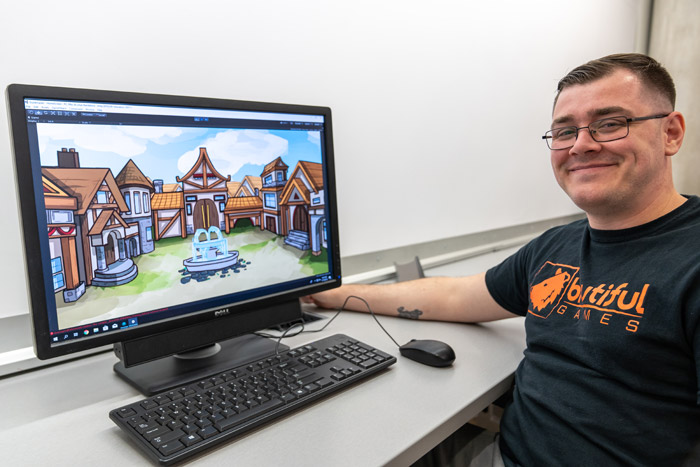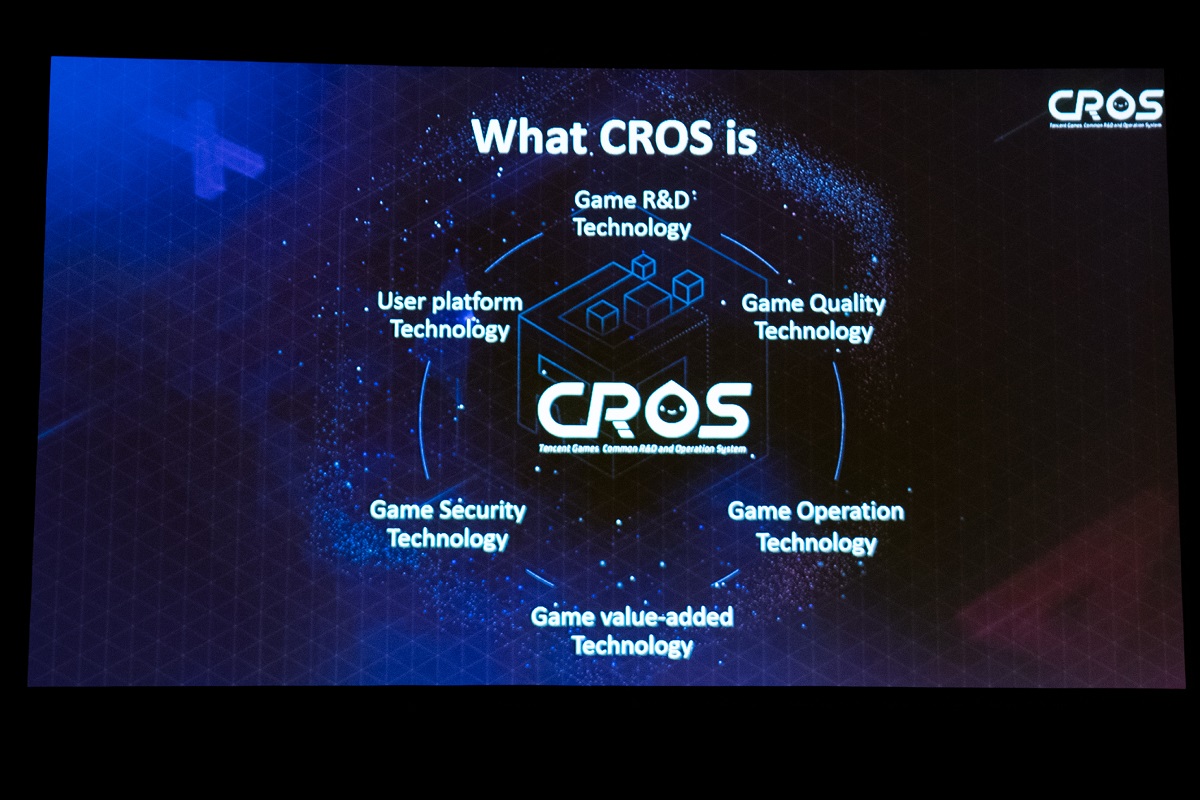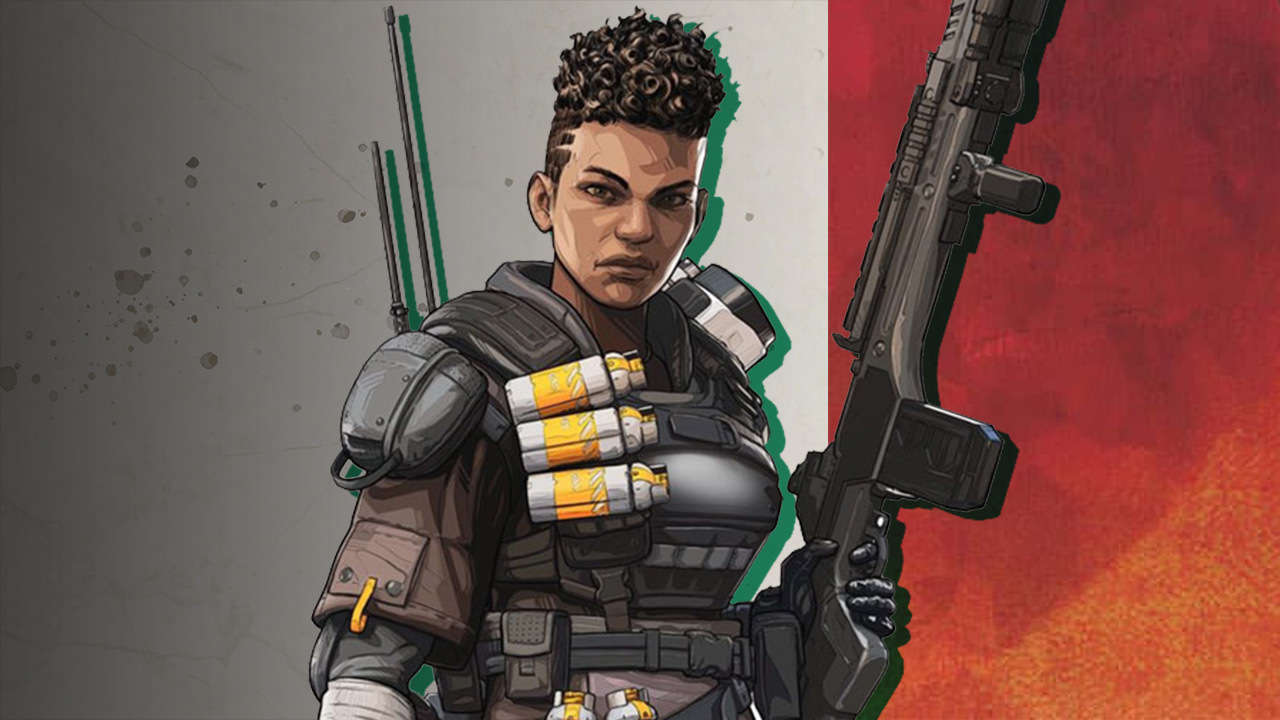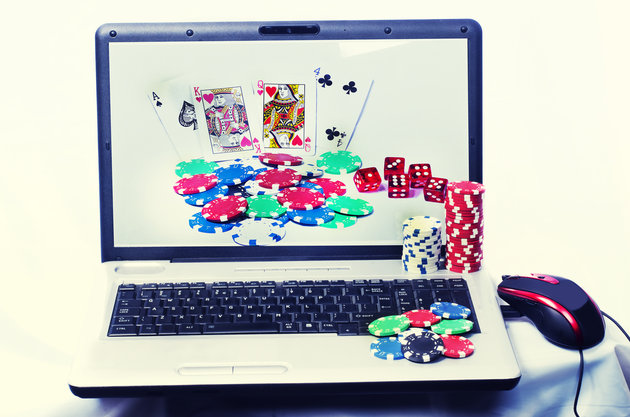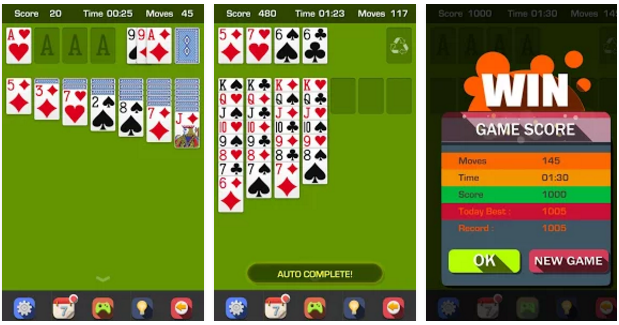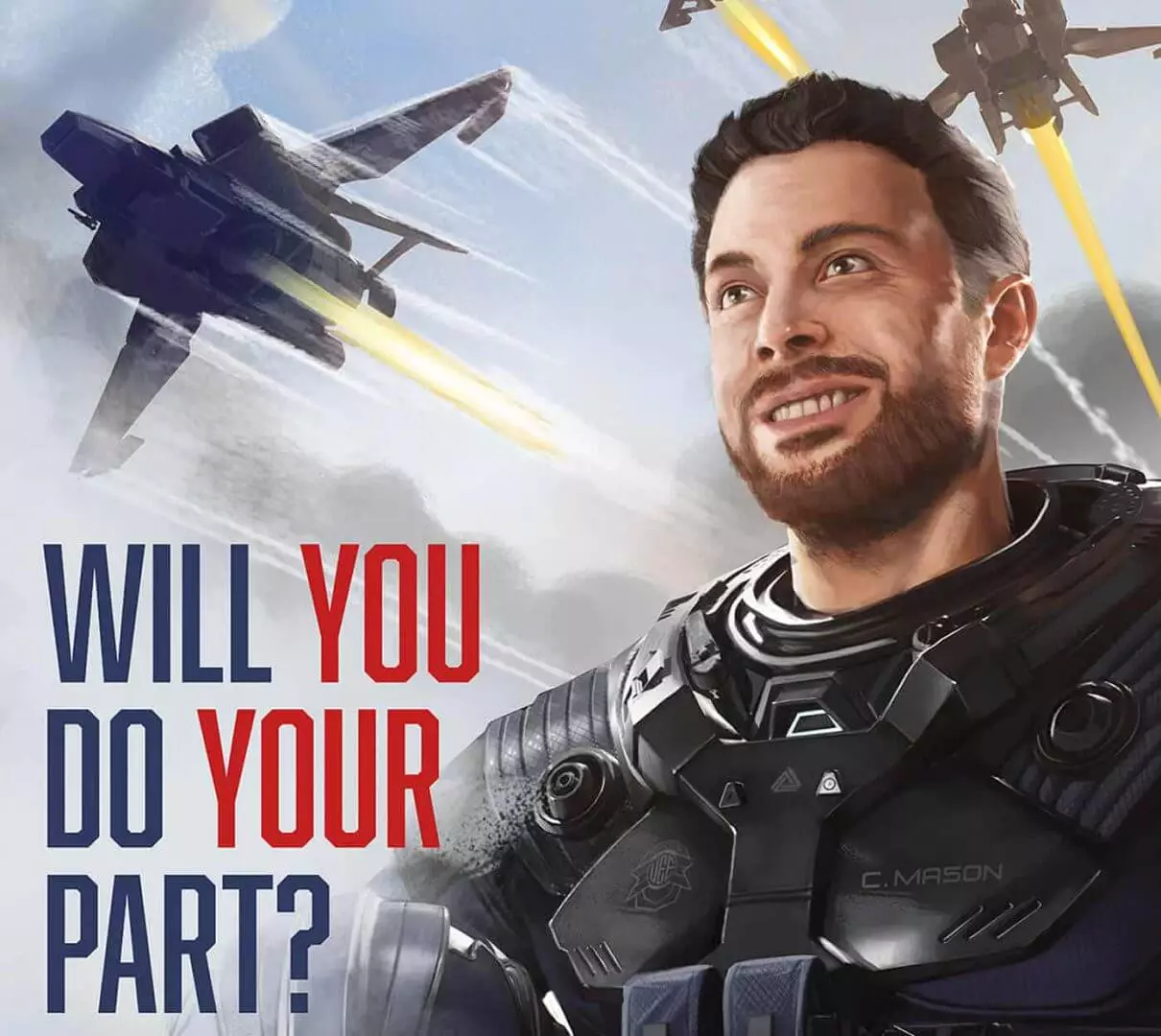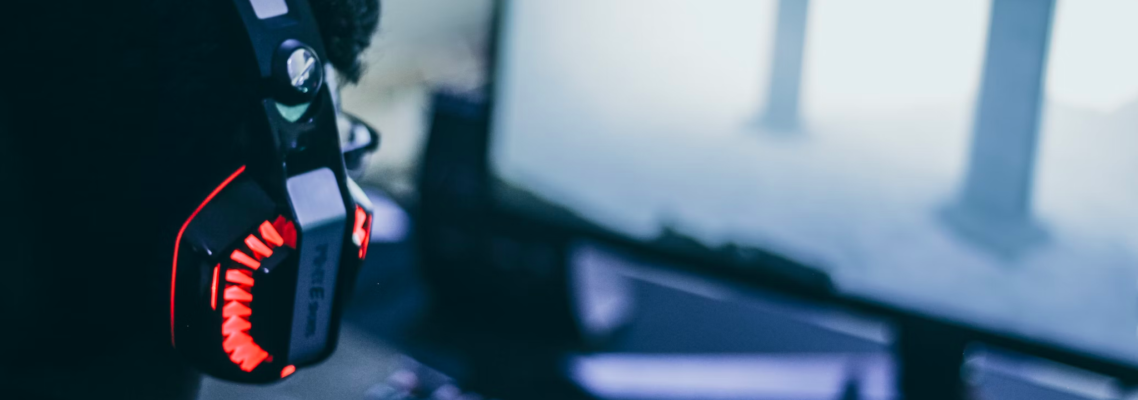
Beyond Entertainment: How Video Games Are Influencing Education and Therapy
December 15, 2023
In the not-so-distant past, video games were often dismissed as mere sources of entertainment, with concerns raised about their potential negative impact on players. However, over the years, the perception of video games has evolved, and today, they are recognized for their diverse applications, particularly in the realms of education and therapy. Video games have demonstrated their potential to enhance learning experiences, promote problem-solving skills, and even provide therapeutic benefits to individuals dealing with various mental health challenges. One standout example that showcases this potential is “League of Legends,” a popular multiplayer online battle arena game developed by Riot Games.
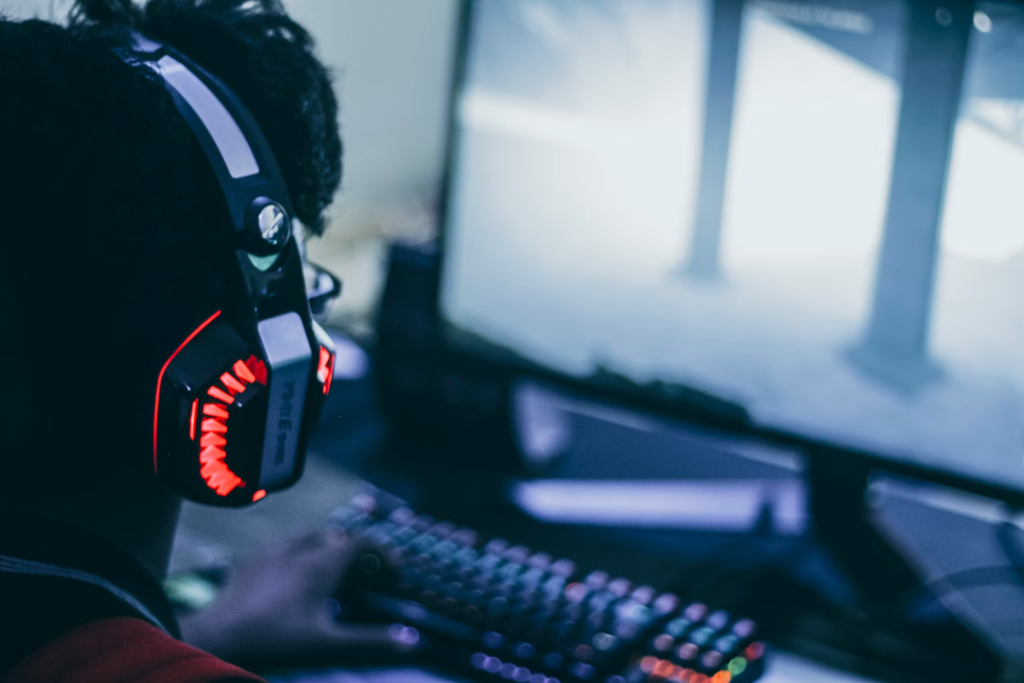
While “League of Legends” (LoL) primarily gained fame as a competitive and thrilling video game, it has unexpectedly branched out to influence education positively. One significant way in which LoL has made an impact is through the rise of educational content and academic initiatives centered around the game. Educators and researchers have recognized the potential of incorporating elements of video games into the learning process to engage students and foster critical skills.
The Gaming Mechanics
Incorporating video game mechanics into the educational framework, a concept known as gamification, has proven to be effective in motivating students to participate actively in the learning process. Elements like rewards, achievements, and progress tracking, akin to those found in video games, can inspire a sense of accomplishment and advancement in students, leading to increased enthusiasm and retention of knowledge. For instance, educators have used LoL’s complex gameplay mechanics to teach concepts related to teamwork, strategy, and decision-making.
Moreover, some educational institutions have embraced the idea of hosting gaming clubs or organizing esports tournaments around games like “League of Legends.” These initiatives provide students with a sense of community and teamwork, encouraging them to build strong interpersonal skills while enjoying the game they love. Students involved in such clubs often report improved social interactions, better time management, and heightened leadership abilities, all of which contribute to their overall personal growth.
In addition to its educational impact, “League of Legends” has also shown promise as a therapeutic tool for mental health interventions. Gaming, in general, has been recognized for its ability to provide stress relief and relaxation. However, in recent years, researchers have been exploring the potential of video games like LoL in targeted therapeutic applications.
The Anxiety
For individuals dealing with anxiety or social challenges, video games can offer a safe space to practice and improve their social skills without the pressure of real-life consequences. Multiplayer games like LoL create opportunities for players to communicate and collaborate with teammates, fostering a sense of belonging and camaraderie. Therapists have begun incorporating video games into their treatment plans, using them as tools for exposure therapy or social skill development.
Additionally, the captivating nature of video games can help individuals struggling with depression or trauma find temporary relief from their symptoms. Such gaming merch as League of Legends posters, or other home decor elements capturing a player’s most liked game champions and skins, can shift focus away from negative thoughts and emotions, providing a valuable coping mechanism for those in distress. While video games should not be seen as a substitute for professional therapy, they can be a beneficial supplement in some cases.
Conclusion
As the gaming industry continues to grow and evolve, it is crucial to address potential downsides and challenges associated with its expanded use in education and therapy. Excessive gaming can lead to issues such as gaming addiction, social isolation, and neglect of other important aspects of life. Therefore, it is essential to maintain a balanced approach and ensure that video games are used responsibly and as part of a broader, well-rounded lifestyle.
In conclusion, video games have come a long way from being mere sources of entertainment to powerful tools with vast potential in education and therapy. “League of Legends,” developed by Riot Games, serves as a compelling example of how a popular video game can transcend its original purpose and positively impact society. By integrating video game elements into education through gamification and exploring therapeutic applications, we unlock new possibilities for personal growth, skill development, and mental well-being. As long as we embrace a responsible and balanced approach, video games like “League of Legends” can continue to pave the way for a brighter and more fulfilling future.

Darin is a wonderful person. He is very nice and always willing to help out! He loves his job because it lets him share interesting things with people who want to know about new developments in the world of technology.
